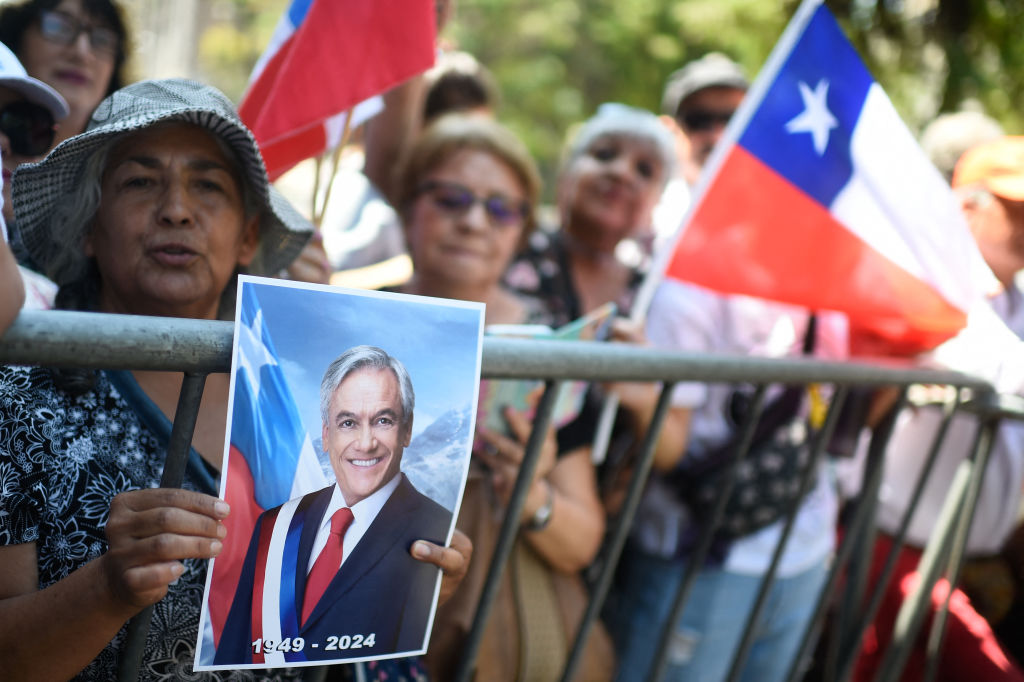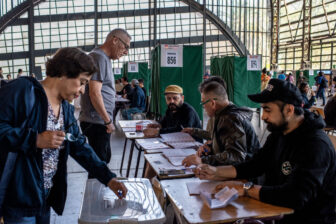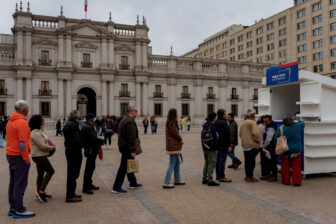Almost immediately after former Chilean President Sebastián Piñera died in a helicopter crash this week, the tributes started coming in.
Some of them were quite unexpected.
“As everyone knows, we didn’t have the same ideas,” Cristina Fernandez de Kirchner, Argentina’s former president, wrote on social media. “But we were always united by a relationship of much respect: He was a man of the (ideological) right, but deeply democratic. I remember with affection his sense of humor and the warmth of his family, whom I met in Chile. For them, all my condolences.”
The outpouring from leaders across Latin America’s ideological spectrum – even Venezuela’s Nicolás Maduro posted a short statement and photo – was partly a testimony to Piñera’s unique personality and politics. A billionaire, banker and adventurer, Piñera continued his habit of taking careful notes with a simple Bic pen even while serving as president, from 2010-14 and again from 2018-22. He was fundamental in leading the Chilean right into a democratic, post-Pinochet era, holding the country together through frequently violent protests in 2019 and the pandemic, and then opening space to a younger generation of leaders.
But the reaction to Piñera’s tragic death also provided a glimpse of what a more consistently civil politics among Latin America’s leaders might look like. The benefits would be enormous – not just in human terms, but economic ones too.
Indeed, compare this week’s events to the recent exchange between the presidents of Colombia and Argentina, Gustavo Petro and Javier Milei. When Milei won election last November, Petro, who had previously compared Milei to Hitler, called his victory “sad for Latin America.” In a TV interview last month, Milei called Petro a “communist murderer,” prompting Colombia to recall its ambassador to Buenos Aires.
These kinds of exchanges are certainly not the rule in Latin America; many regional summits are marked by strong agendas and genuine expressions of camaraderie. But fireworks are not exactly exceptional, either.
In his recent book Vamos, Luis Alberto Moreno, the former president of the Inter American Development Bank (IDB), recounted a meeting of presidents in Mexico in 2010 which at one point seemed headed for a physical brawl. Álvaro Uribe of Colombia called Venezuela’s Hugo Chávez a “hypocrite” for declaring a trade embargo against his country while opposing the one against Cuba. When Chávez began to leave the room in protest, Uribe said: “Don’t be a coward.” The room erupted in shouting, Nicaragua’s Daniel Ortega told Uribe to “shut up,” and “a couple of the presidents put their fists up and started squaring away at each other, like there really was going to be a fistfight,” Moreno recalled.
Eventually calm was restored, without any punches thrown. But as Moreno later reflected: “I always thought of moments like these afterward, when we were sitting in meetings back at the IDB, grasping our heads and trying to figure out why there wasn’t more connection and integration among Latin American economies. Why didn’t we have more trade? More bridges connecting us? More railroads? Well, these kinds of confrontations were a huge reason why.”
Data suggests Moreno has a point. Trade among Latin American countries accounts for less than 20% of the region’s overall commerce. That’s half the level of intra-regional trade in Eastern Europe and Central Asia, and just a third the level in East Asia, according to the International Monetary Fund. Countless think-tank studies in recent years have pointed to how greater trade, investment and infrastructure among Latin American countries would lead to billions of dollars in new economic growth and jobs.
There are other reasons for the difficulties, of course, including difficult geography along national borders (think the Amazon in Brazil). But low trust among leaders, and therefore governments, is probably an underappreciated factor. The recently departed presidents of Argentina and Brazil, Alberto Fernández and Jair Bolsonaro, spent years sniping at each other while barely speaking in person; diplomats from both countries have told me that had a chilling effect on Mercosur, South America’s perpetually troubled trading bloc.
Many of these clashes are driven not by personality quirks, but by a profound ideological divide. At the most fundamental level, it is probably Latin America’s gap between rich and poor, the world’s largest, that pushes politicians into such strongly opposed blocs of left and right, and often makes dialogue so hard. It is no coincidence that politics in my country, the United States, has become more contentious in recent years as inequality grew.
And yet, civility is still possible in Latin America, as elsewhere. A Mercosur summit convened by Brazil’s leftist President Luiz Inácio Lula da Silva ended with a solid agenda and toothy grins, including from the conservative presidents of Uruguay and Paraguay. Piñera’s successor in Chile, Gabriel Boric, has also been a model, warmly welcoming Milei’s victory, for example. If other presidents and officials throughout Latin America could commit to a less ideologically driven, more state-to-state relationship among their nations, the economic and geopolitical rewards would be huge.
Call it the civility dividend.
And a great way to honor the passing of an admired leader.










